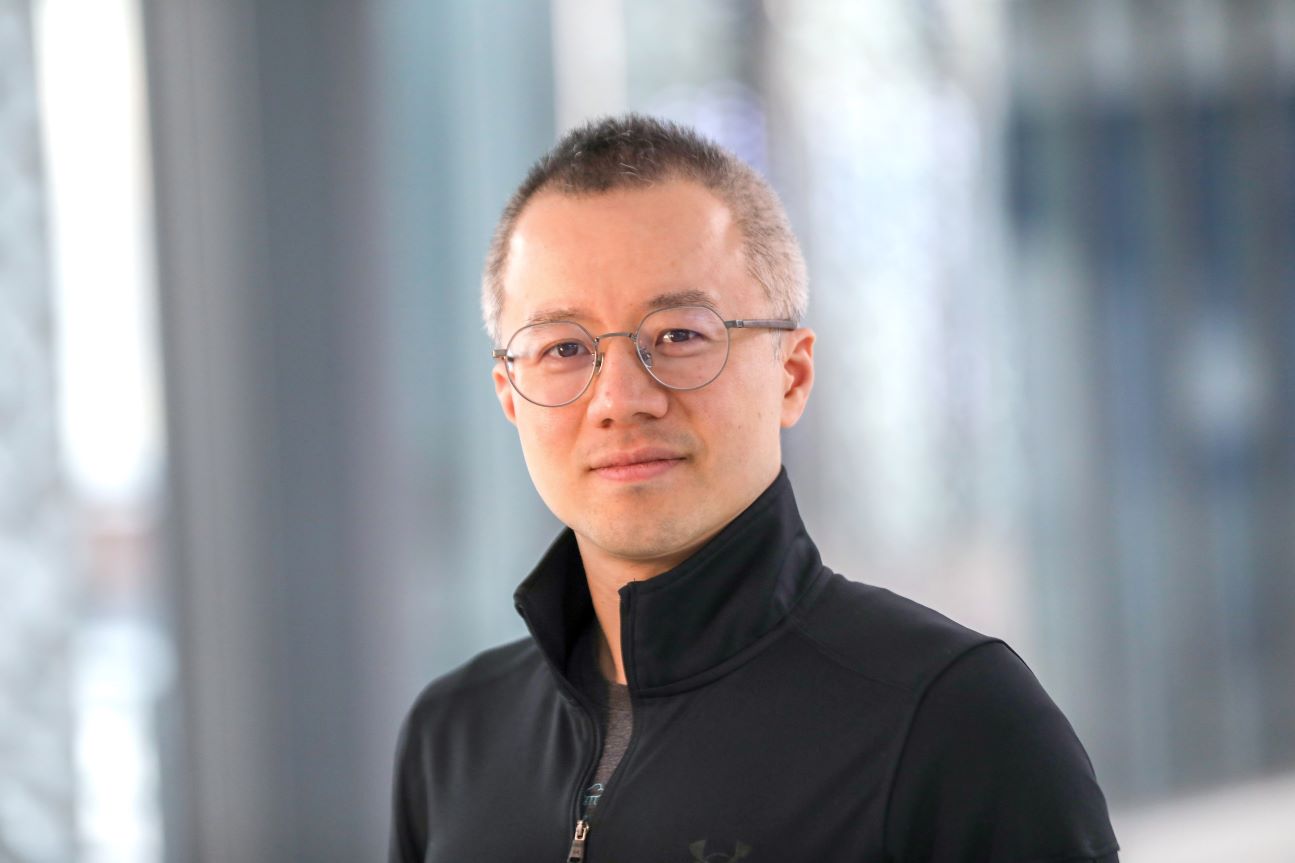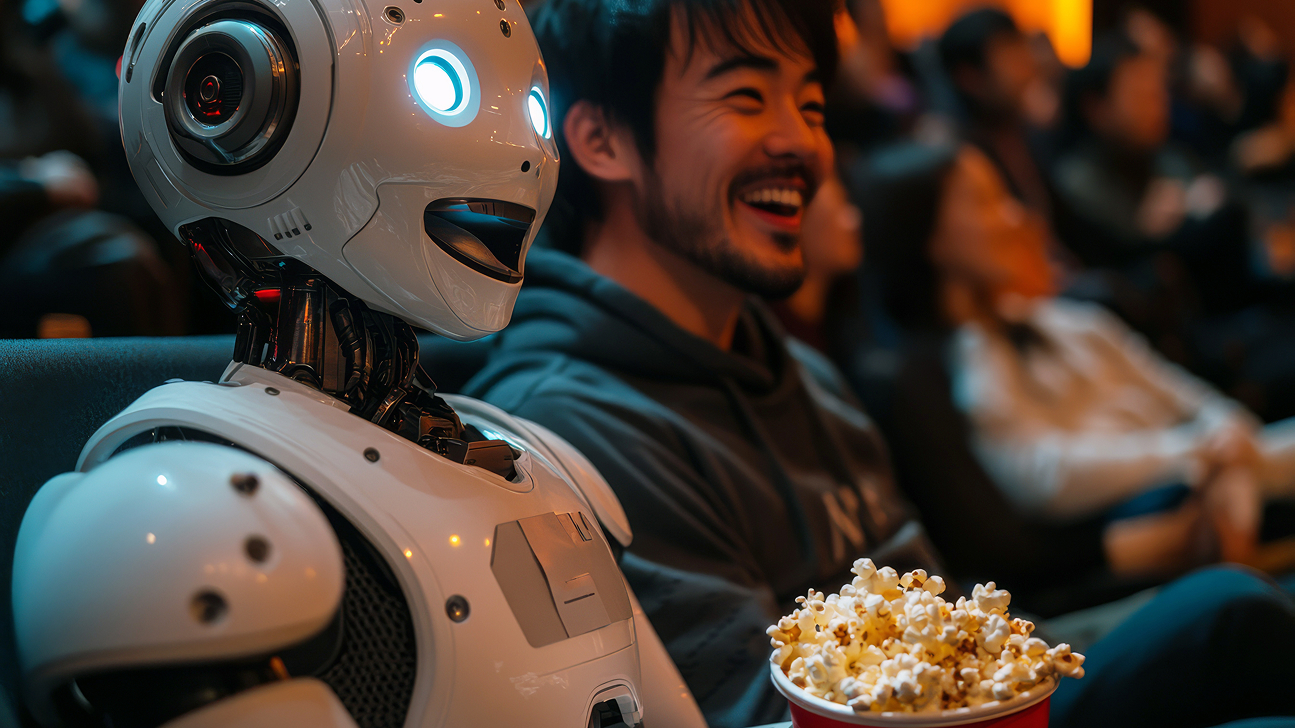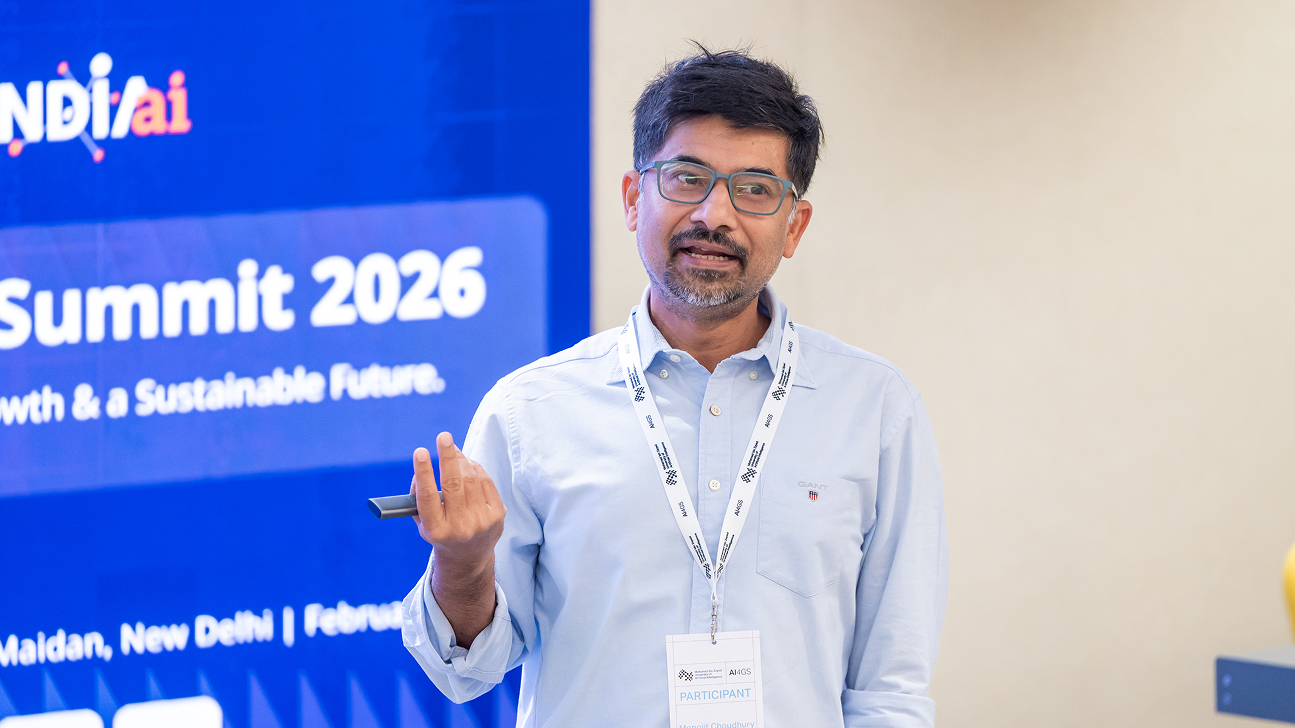Le Song chairs ICML 2022
Monday, June 13, 2022

MBZUAI Department Chair and Professor of Machine Learning Le Song will serve as a program chair at the 39th International Conference on Machine Learning (ICML) conference, which will be held in Baltimore, Maryland from July 17-23, 2022.
Song joins a list of eminent co-chairs from MIT, Facebook, the University of Cambridge, Google, DeepMind, Carnegie Mellon, Oxford, Princeton, and Microsoft. Kamalika Chaudhuri of UCSD and Facebook AI Research is the 2022 general chair. Song joins Csaba Szepesvari of DeepMind and the University of Alberta, and Stefanie Jegelka of MIT as program co-chairs.
“Judging from the nearly 1,000 papers included in ICML this year, keywords such as medicine, biology, proteins, drugs, molecules, and chemistry were mentioned more than 200 times in the article titles and abstracts, becoming one of the single largest research directions. We have seen more and more artificial intelligence experts start to pay attention to the fields of biomedicine and other science areas,” Song said.
At last count MBZUAI faculty, researchers, and students have 7 papers accepted at ICML 2022, including those from President, Professor Eric Xing, Associate Professor of Machine Learning Martin Takáč, Associate Professor of Machine Learning Kun Zhang, Assistant Professor of Machine Learning Bin Gu, and Assistant Professor of Machine Learning Pengtao Xie.
About Le Song
Song is an experienced educator and researcher in the field of machine learning and artificial intelligence. He received honors and awards for his research and articles as a Principal Investigator and co-Principal Investigator. Song has served as an area chair in numerous international conferences. He is an active member of several regional and international groups in the field of machine learning, artificial intelligence and statistics, such as a board member of the International Conference on Machine Learning.
Prior to joining MBZUAI, Song served as an associate professor of computational science and engineering and the associate director of the Center for Machine Learning at Georgia Institute of Technology in the USA. He holds a Ph.D. in computer science from the University of Sydney and National ICT Australia. He has published more than 160 papers in peer-reviewed, top machine learning conferences and journals such as NeurIPS, ICML, ICLR, AISTATS and JMLR over the past 15 years.
Song spent several years in various institutes such as Georgia Institute of Technology, Google Research, Carnegie Mellon University and National ICT Australia, he developed machine learning methods and algorithms for complex and dynamic data, machine learning and cross-campus multi-disciplinary research, large scale machine learning package for Internet data, nonparametric probabilistic graphical models for complex social and biological data and analyzed sensor time series data using kernel methods.
Song has won best paper awards at the ACM Conference on Recommendation System (Recsys), Artificial Intelligence and Statistics (AISTATS), IEEE International Parallel & Distributed Processing Symposium (IPDPS), Neural Information Processing Systems (NeurIPS), and International Conference on Machine Learning (ICML). He is the recipient of the National Science Foundation CAREER Award, the Outstanding Junior Faculty Research Award, and the Lockheed Martin Inspirational Young Faculty Award in 2014.
About the Machine Learning Department at MBZUAI
Researchers in the MBZUAI Machine Learning (ML) Department investigate the development of algorithms which can improve automated cognition, perception and action with experience by observations. Researchers focus on both fundamental and applied questions in machine learning. This can be used for many enterprise applications (such as business intelligence and analytics), effective web search, robotics, smart cities and understanding of the human genome.
It is the task of the ML Department to engage in ML research by exposing expert faculty, research staff, and students to problems faced by industry partners and sponsored research. The department leverages these relationships to ensure all researchers have access to the latest technology, emerging problems, and solutions.
The department is dedicated to imparting a world-class education in ML to students. From foundational principles to advanced applications, the department’s research-intensive education model provides students with theoretical concepts to test under supervision from senior AI researchers in the field as they tackle real-world problems and produce meaningful results.
“One of our main goals (in the ML Department) is creating disruptive solutions and technologies, powered by AI , that unlock the secrets of science across all areas,” Song said.
Related
AI and the silver screen: how cinema has imagined intelligent machines
Movies have given audiences countless visions of how artificial intelligence might affect our lives. Here are some.....
- cinema ,
- AI ,
- artificial intelligence ,
- art ,
- fiction ,
- science fiction ,
Mind meld: agentic communication through thoughts instead of words
A NeurIPS 2025 study by MBZUAI shows that tapping into agents’ internal structures dramatically improves multi-agent decision-making.
- agents ,
- neurips ,
- machine learning ,
Balancing the future of AI: MBZUAI hosts AI for the Global South workshop
AI4GS brings together diverse voices from across continents to define the challenges that will guide inclusive AI.....
- representation ,
- equitable ,
- global south ,
- AI4GS ,
- event ,
- workshop ,
- languages ,
- inclusion ,
- large language models ,
- llms ,
- accessibility ,


